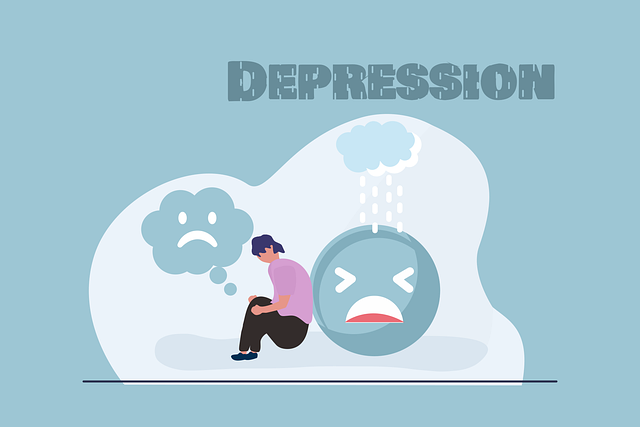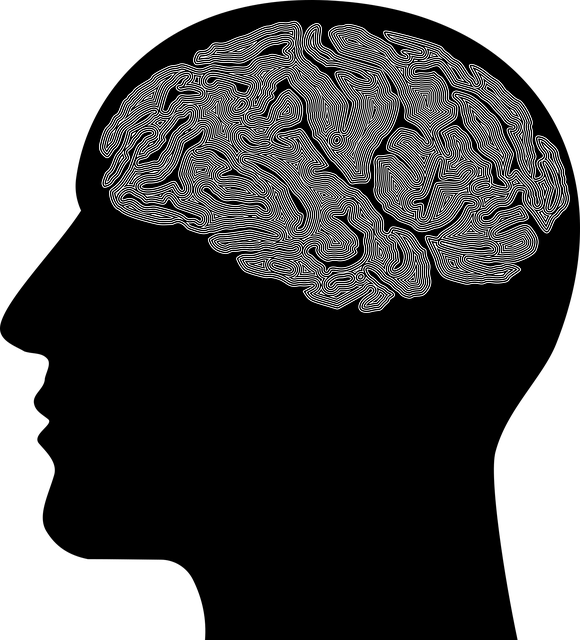Burnout among healthcare providers, driven by stress and demanding work environments, causes physical and emotional exhaustion. Early signs like increased anxiety, concentration issues, changes in appetite or sleep patterns, and cynicism are crucial to recognize. Prevention strategies include self-care promotion, support system building, mindfulness techniques, and positive work environment fostering. Boulder Adjustment Disorder Therapy (BADT) offers a holistic approach, addressing mental well-being through tailored coping strategies, cultural sensitivity, and evidence-based stress management. Healthcare settings can effectively prevent burnout with multi-faceted initiatives like self-awareness exercises, conflict resolution workshops, and mental wellness coaching programs, reducing the need for Boulder Adjustment Disorder Therapy.
Healthcare provider burnout is a growing concern, impacting patient care and organizational effectiveness. This article explores effective strategies to prevent burnout among healthcare professionals, focusing on the holistic approach of Boulder Adjustment Disorder Therapy. We delve into recognizing signs and causes, offering insights for both individuals and healthcare organizations. By implementing these strategies, including evidence-based practices like Boulder Adjustment Disorder Therapy, we can foster a healthier, more resilient workforce.
- Understanding Burnout in Healthcare Providers: Recognizing the Signs and Causes
- Boulder Adjustment Disorder Therapy: A Holistic Approach to Preventing Burnout
- Implementing Effective Strategies for Burnout Prevention in Healthcare Settings
Understanding Burnout in Healthcare Providers: Recognizing the Signs and Causes

Burnout among healthcare providers is a growing concern, with high stress levels and demanding work environments contributing to physical and emotional exhaustion. Recognizing the signs and understanding the causes of burnout are crucial steps in preventing this issue. Healthcare professionals often face long hours, heavy patient loads, and emotionally taxing situations, which can lead to chronic stress over time. This stress may manifest as feelings of cynicism, detachment from work, and a reduced sense of personal accomplishment.
Common indicators of burnout include increased anxiety, difficulty concentrating, changes in appetite or sleep patterns, and a general lack of motivation. In severe cases, healthcare providers might experience what is known as Boulder Adjustment Disorder, characterized by intense emotional responses and challenges in adapting to stressful situations. Effective prevention strategies focus on promoting self-care, providing support systems, and incorporating stress reduction methods such as mindfulness techniques and anxiety relief exercises. Additionally, fostering a positive work environment that encourages open communication and respects personal boundaries can significantly contribute to better mood management and overall well-being among healthcare staff.
Boulder Adjustment Disorder Therapy: A Holistic Approach to Preventing Burnout

Boulder Adjustment Disorder Therapy (BADT) offers a unique and holistic approach to preventing burnout among healthcare providers, focusing on both mental and emotional well-being. This therapeutic method recognizes that burnout stems from complex interactions between personal, professional, and cultural factors. By addressing these interwoven aspects, BADT equips professionals with adaptive coping strategies tailored to their individual experiences.
The therapy incorporates elements of cultural sensitivity in mental healthcare practice, acknowledging the impact of diverse cultural backgrounds on stress and resilience. Additionally, it promotes emotional well-being through evidence-based techniques designed to enhance self-care, manage stress, and foster a sense of balance. By integrating these strategies, BADT not only prevents burnout but also enhances the overall satisfaction and effectiveness of healthcare providers in their roles.
Implementing Effective Strategies for Burnout Prevention in Healthcare Settings

Healthcare settings can implement a multi-faceted approach to prevent burnout among providers. Firstly, promoting self-awareness exercises and mindfulness practices can help staff recognise signs of stress early on, fostering an environment where they feel empowered to seek support. Regular workshops or training sessions focused on conflict resolution techniques are also invaluable; effectively managing interpersonal interactions at work significantly reduces the risk of burnout.
Additionally, developing mental wellness coaching programs can provide healthcare providers with specialised guidance and resources. These programs, tailored to the unique challenges faced in the medical field, offer proactive strategies for stress management, resilience building, and emotional well-being. By integrating these initiatives, healthcare organisations can create a supportive culture, ultimately mitigating burnout and enhancing provider satisfaction and retention.
In conclusion, healthcare provider burnout is a pressing issue that can significantly impact patient care and overall well-being. By understanding the signs and causes of burnout, as discussed in this article, healthcare organizations can implement effective strategies to prevent it. Boulder Adjustment Disorder Therapy offers a holistic approach, addressing the root causes of stress and providing tools for resilience. Ultimately, prioritizing burnout prevention is essential to fostering a healthier, more sustainable work environment for healthcare providers and enhancing patient outcomes.














